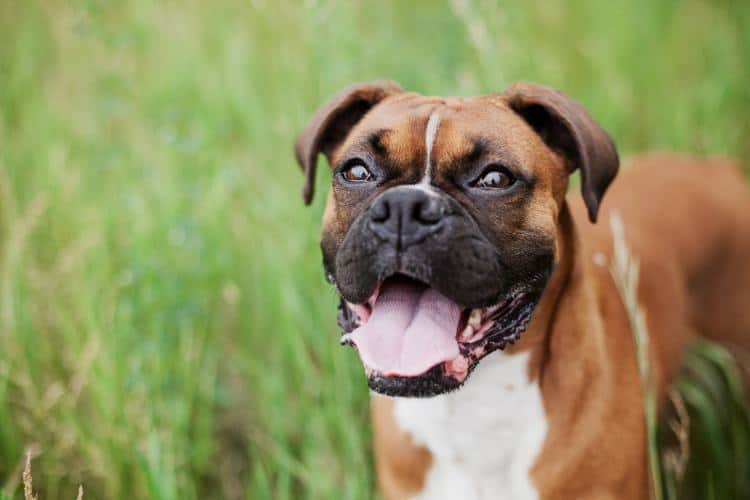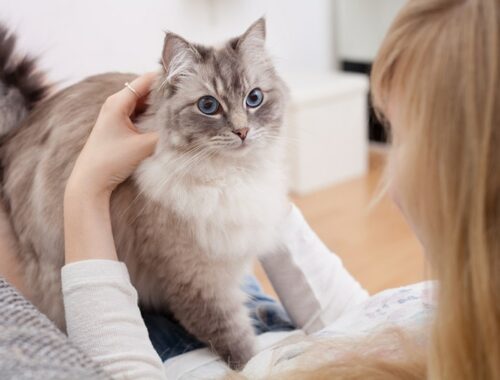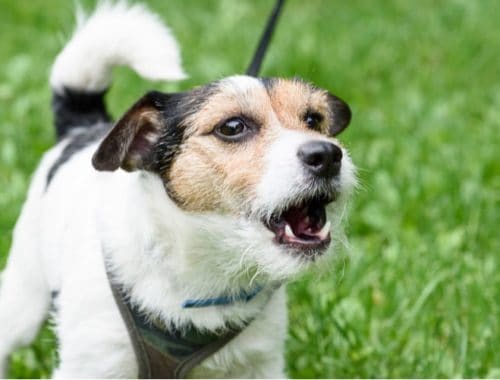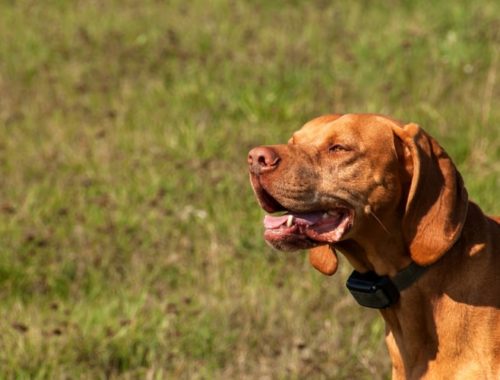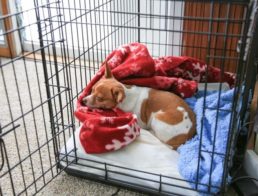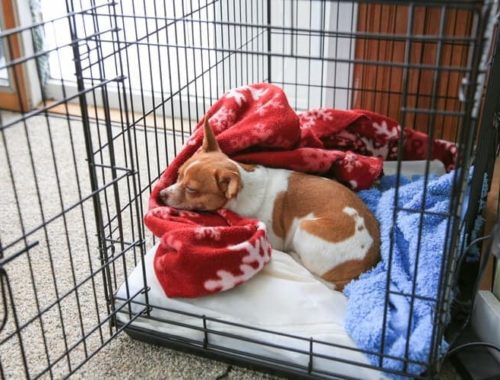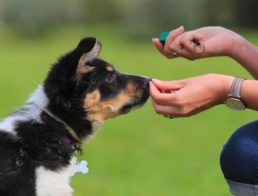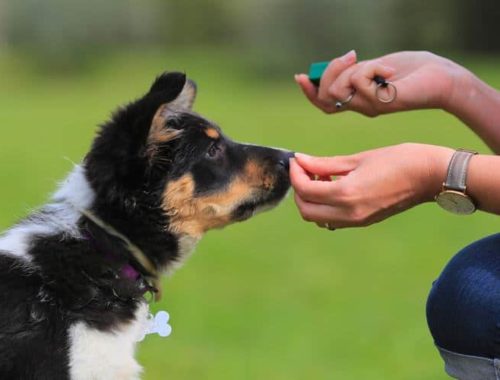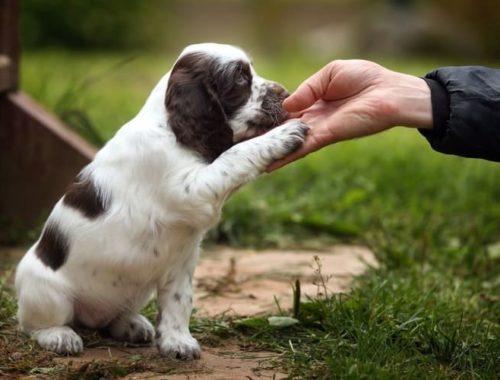Boxers are known for being curious, playful, and more energetic than most breeds. Being a large and imposing dog, once grown, makes them wonderful for family protection – but they may also exhibit potentially problematic behavior without proper training. Be sure to start training your boxer puppy early on to ensure he/she grows up to be a well-behaved dog. In order to help you get started with training your dog to become a disciplined and obedient dog, we’ve come up with a list five steps to follow:
- Teach them their name
- Housebreaking your puppy
- Train yourself to train them
- Daily Exercise is a Must
- Crate Training
1. Teach Them Their Name
Use your puppy’s name often to get their attention and ensure they know you are speaking to them. This will come in handy later when following their name with commands during training.
When you say their name and they look at you, give them plenty of praise for doing so. Making eye contact with you is the ideal behavior you’re seeking. You may even provide food treats at first when they respond appropriately to their name. If they are particularly distracted by something at first, wait until you can easily grab their attention. With very young puppies, it’s important to remain patient and remember they DO want to earn your praise. It just takes time because they are new to training – not to mention new to the world!
2. Housebreaking Your Puppy
When your puppy is old enough (about eight weeks or so), you can start teaching them where to go potty. When you suspect they’re likely to need to go (shortly after eating or first thing in the morning are good times), take them to an appropriate “potty spot” outside and say your chosen command with their name. “Potty outside!” was my usual command for my dog. When they do go potty, give them lots of praise and maybe even a doggy treat. If they start to go potty inappropriately, pick them up quickly and say “No – potty outside!” Then take them outside immediately to the correct potty spot.
3. Train yourself to train them
If you know your puppy is likely to need to go potty at certain times (first thing in the morning, shortly after eating, etc.), train yourself to automatically take them outside during these times. This minimizes the chances of “accidents” and helps set them up for success. If you know you are going to be gone for a few hours, try to limit feeding to the hours when you will be home to let them outside to go potty (within reason please; no need to starve the dog!) – further setting them up for success!
4. Daily Exercise is a Must
Boxers are high-energy dogs – so you must have the energy to exercise them daily! Anything less is unfair to them and can set them up for training failures as well. If you don’t have a large fenced-in yard for them to run in, take them to a dog park or on a nice, long walk around the neighborhood at least once per day to alleviate pent-up energy.
5. Crate Training
Although some worry that crating their dog is cruel, professionals agree that most dogs actually feel safer in their crates if left home alone. It also minimizes the likelihood of inappropriate urinating/defecating since dogs do not like to lie in their own waste and will try to avoid it. If you’ve attempted to leave your dog home alone without a crate, you may have noticed they chew on things they wouldn’t normally, including some items that might make them very sick and/or even require emergency surgery (i.e., certain types of foam bedding).
Crating eliminates these and other behavioral problems if done properly. Consult your veterinarian or dog trainer to determine the right size and type of crate, how long to crate your dog, and where in the house to place the crate. If you’re after some more expert tips on how to crate train your dog, as well as other training insights, check out Rover’s Dog Training 101 guides.
Final thoughts: Remember to Involve the Whole Family and Only Use Approved Training Methods
Never Hit or Beat Your Dog
Never hit or beat your puppy or dog. Not only is it 100% unnecessary, it is also cruel and counterproductive for training. Furthermore, yelling, screaming, and rubbing your dog’s nose in excrement are also counterproductive. Consistent training methods taught by a skilled and certified trainer will eventually give you all you are seeking in behavior from your dog.
Involve the whole family
Make sure each member of the family is involved in training the puppy. Learning the commands you’ll be using and the techniques involved ensures everyone in the household is able to work effectively with the puppy. If children are too young to understand, you can still make sure they are never allowed to hit the dog, pull the dog’s ears, “ride” the dog, etc., as this can result in negative behavior challenges over time. Proper training knowledge and skill will be essential for everyone in the family to have later when your cute little puppy grows into a large full-grown dog.
If you have other dogs at home that aren’t Boxers and also need training, make sure to check out our other pet training articles.


